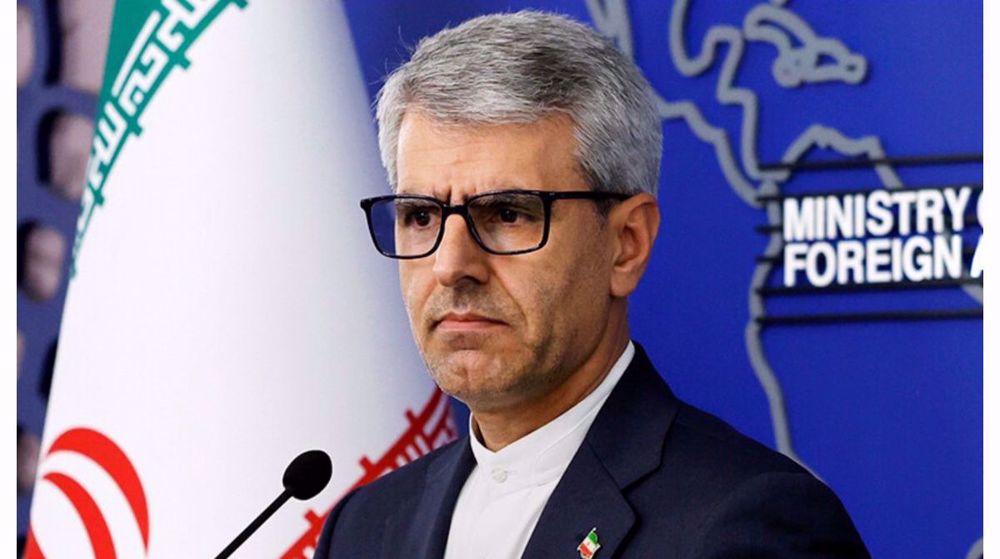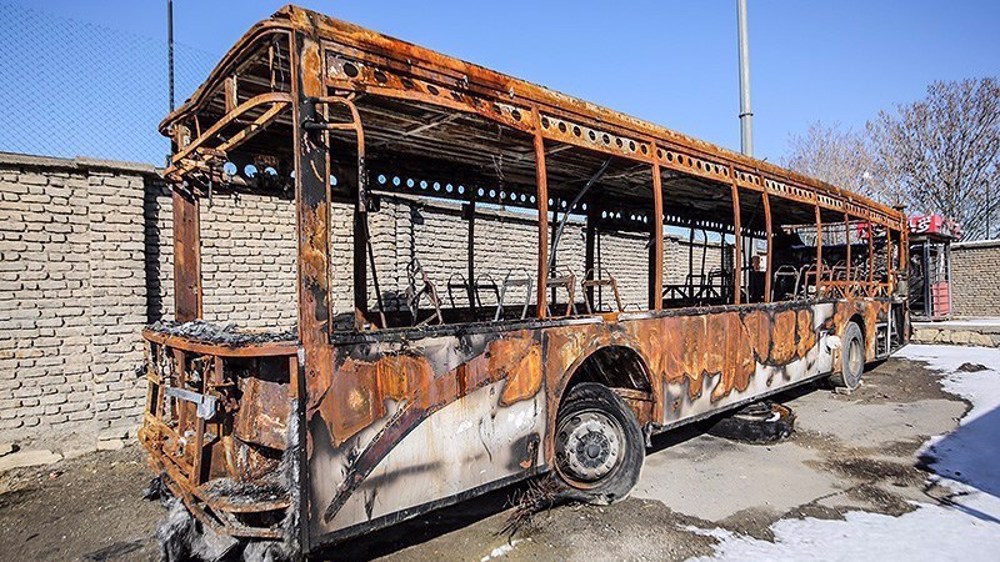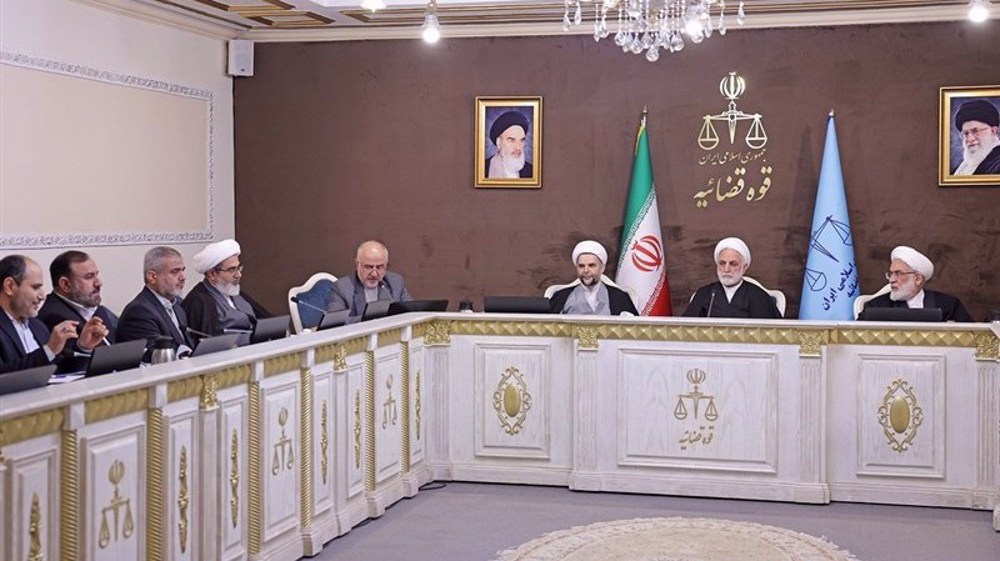Iran plans private-sector oil sales to thwart US sanction: First VP
Iran's first vice president says the country is considering oil exports by the private sector in a bid to thwart forthcoming US sanctions, which mostly aim to curtail the Islamic Republic's revenues by blocking its crude oil exports.
Addressing a conference held to mark National Day of Industry and Mine in Tehran on Sunday, Es’haq Jahangiri said, “The target of the US is firstly [to cut down Iran's] oil [sales]. They want Iran's oil not to be sold, which this is impossible and such measures are taken in line with a psychological war.”
In May, US President Donald Trump announced that he would pull America out of a 2015 nuclear agreement with Iran and re-impose the sanctions that the deal had envisaged to be lifted.

Trump emphasized that the sanctions, which are to be imposed on Iran, would be “at the highest level.”
The sanctions would include a universal ban on Iran over buying or acquiring US dollars as well as restrictions over purchases of crude oil from the country and investing in its oil sector projects.
Head of the frontier markets equity research at Bank of America Merrill Lynch told CNBC in late June that disruption to crude oil supplies from Iran as a result of US sanctions may push oil prices to as high as $90 a barrel.
“We are moving into an environment where supply disruptions are visible all over the world and of course, President Trump has been pretty active in trying to isolate Iran and getting US allies not to purchase oil from Iran,” Hootan Yazhari added.
Elsewhere in his remarks, Iran's first vice president said, “Those with the slightest international knowledge know that this is impossible. Therefore, they have resorted to Saudis, so that, if Iran's oil supply dwindles, their oil market would not be touched by it.”
Jahangiri noted, “Iran's crude oil will be offered on domestic stock market and the private sector can buy and export oil in a transparent manner,” adding that Iran will do what it can to cause the United States fail in its effort to reduce Iran's oil exports.
“The [Iranian] administration has made a plan in this regard,” he stressed.
Iran's first vice president also warned countries, which may want to fill Iran's void in the oil market, noting that such a measure would amount to betrayal of the Iranian nation and “the day will come when those countries will pay for this treachery.”
Iran’s Petroleum Minister Bijan Zanganeh said on Saturday that a major refinery project that the country brought on-stream on Thursday would make it immune to US sanctions against gasoline purchases.
Zanganeh was quoted by media as saying that the Islamic Republic had no major concern about the sanctions after Phase Two of Persian Gulf Star Refinery became operational, emphasizing that the project showed “external pressures” would not work on Iran.
Read more:
Zelensky claims US security pact '100% ready' as war continues
Lebanese journalist tageted for exposing President Aoun’s pro-US, anti-resistance agenda
Wave of Israeli attacks target southern Lebanon in latest ceasefire violation
Iranian researchers develop indigenous software for precise satellite positioning
Iran vows deterrent response to any aggression amid US, Israeli threats
VIDEO | Press TV's news headlines
US pressure contributing to Israeli influence in Latin America: Experts
‘Enough orders from Washington’: Venezuela’s interim president slams US pressure












 This makes it easy to access the Press TV website
This makes it easy to access the Press TV website